Grading Certificates 'the 5th C'
Often overlooked, but perhaps the most important thing to consider when purchasing any diamond is; Who graded the stone?
Even if you've seen a diamond at a jewellery store, a detailed diamond grading certificate from a respected, independent gem-lab, is the only way to know whether the diamond you receive, is the same one you've purchased. However, it's important to note that Diamond grading is an opinion, not a science, and therefore; there can be differences of opinion between appraisers and gemological laboratories regarding a diamond's grades, particularly in the grading of color and clarity.
Who's Diamond Grading Opinion Can You Trust?
Jewellery stores will often provide their own “in-house” grades and/or local appraisals, as opposed to a respected, independent, international gem-lab certification, so they can exaggerate the quality of their diamonds’ color, clarity and cut. Therefore, you should never buy a diamond that only comes with a local appraisal and/or has been graded in-house by the company selling the stone (even if you've seen the stone), as there may be bias and/or inconsistencies with the grades.
Also, the vast majority of local appraisers and jewellery stores do not have the ability to test for and identify lab-grown / synthetic diamonds, so if you buy a diamond from a jewellery store that's been locally appraised or graded "in-house", there's no way to tell whether the stone you're receiving is synthetic, man-made or natural, mined.
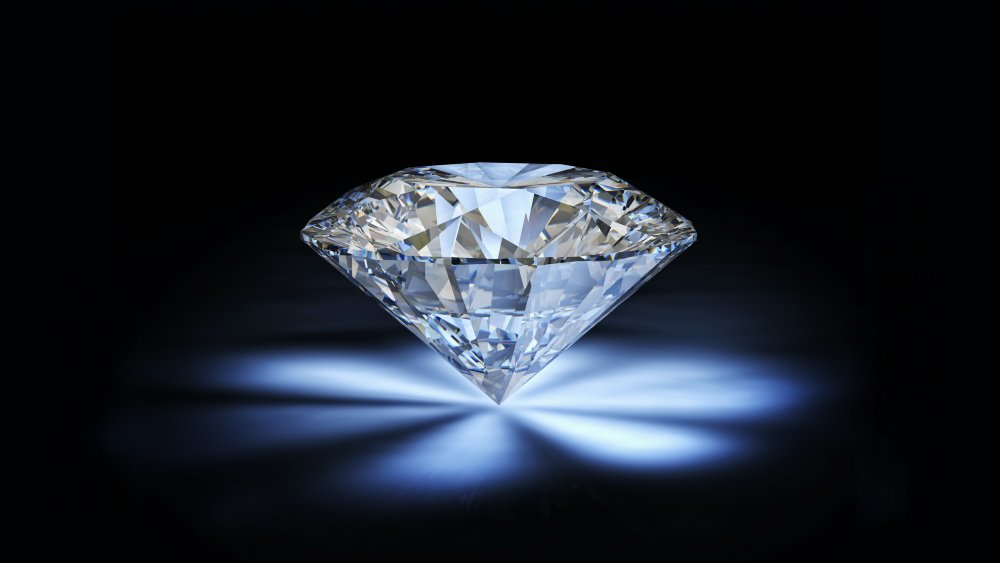
We never grade our own diamonds. All of the diamonds at Diamond Exchange are independently graded and certified to the strictest diamond grading standards in the world by the 5 largest, most respected, third party, international Gemological Laboratories: GIA, IGI, AGS, EGL and HRD.
How Do We Rank the Largest, Most Respected, International Grading Laboratories?
1. GIA (Gemological Institute of America)
It's widely accepted in the diamond industry that GIA diamond grades are the benchmark. GIA basically wrote the book on modern diamond grading bystandardizing the terms color, clarity, cut and carat weight, calling them the "4-C's", to help students and jewelers learn about, remember, measure and explain the primary factors that determine a diamond’s rarity, quality, and therefore; value.In an independent study where the same 10 diamonds were sent to 6 major gem-labs to assess the quality and consistency of their grades, they found GIA the strictest in their grading standards.
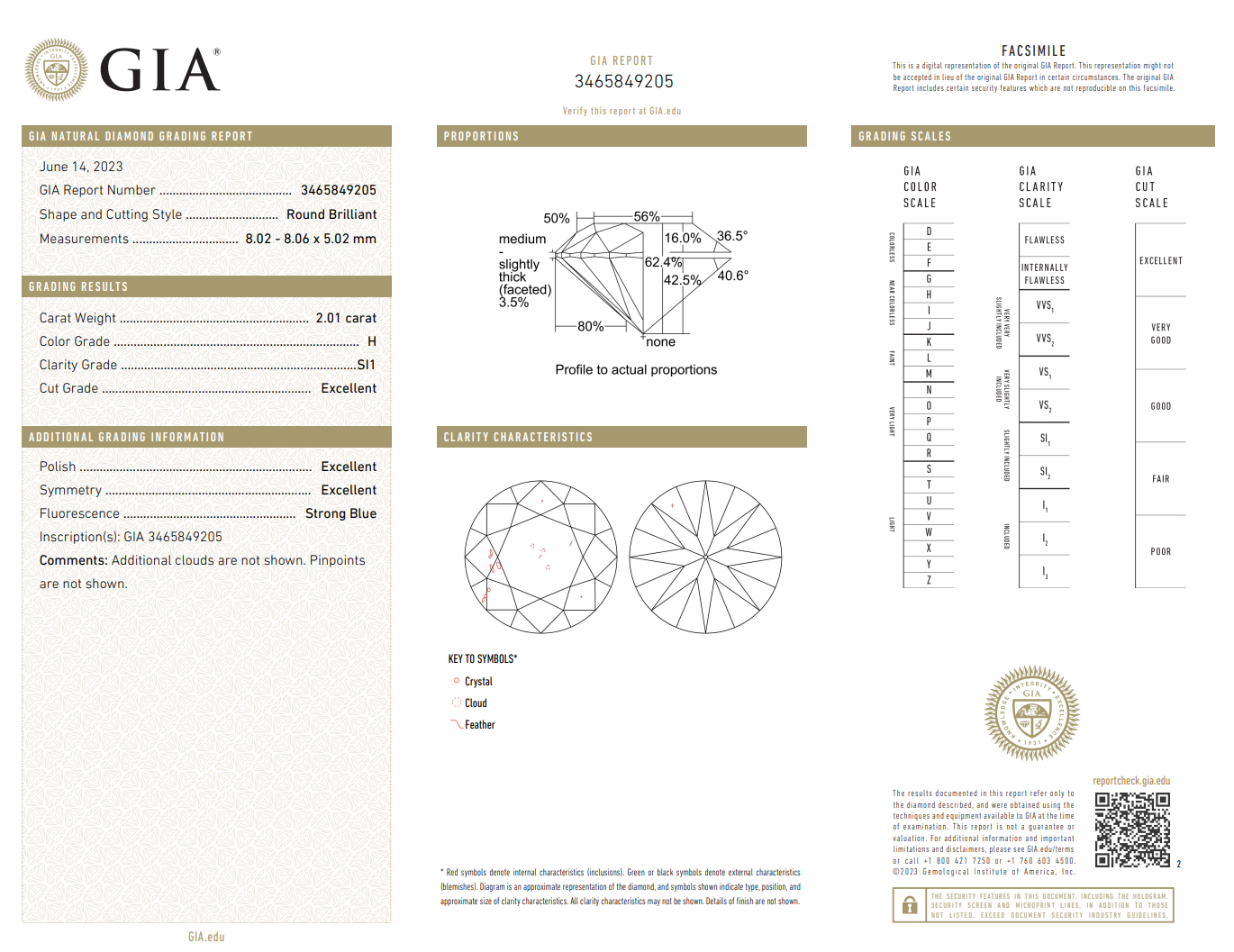
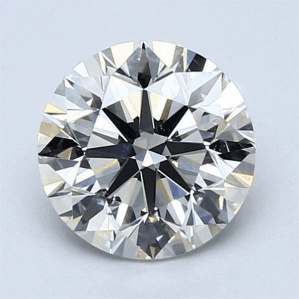
2. IGI (International Gemological Institute)
IGI provides high-quality grading services for both natural, mined and lab-grown diamonds, as well as finished jewellery. One of the few gemological laboratories to earn an ISO certification (an international standard for quality management systems), their dedication to quality control and best practices has solidified IGI in the industry as one of the world's most trusted and reputable grading labs for diamonds and jewellery. As one of the top two identifiers and appraisers of lab grown diamonds (GIA being the other), IGI is a leader this new and emerging market. In an independent study where the same 10 diamonds were sent to 6 major gem-labs to assess the quality and consistency of their grades, they found IGI to be the 2nd strictest in their grading standards, only behind GIA.
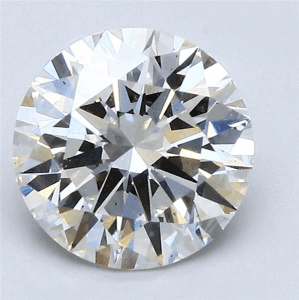
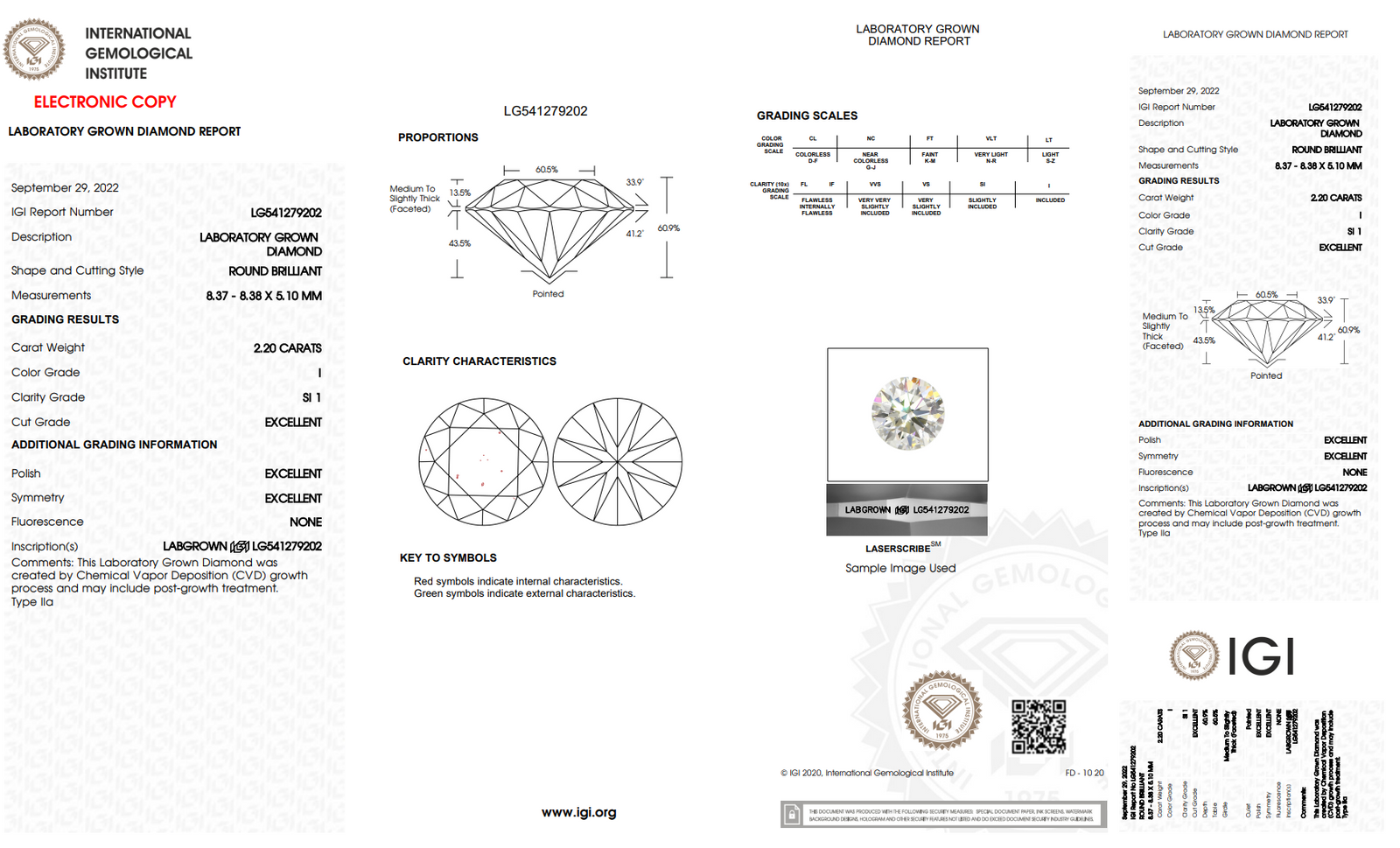
3. AGS (American Gemological Society)
For customers wanting in-depth information about the cut quality and light performance of their diamond, the AGS report provides cut analysis that's very comprehensive. However, in our experience; AGS clarity grades can be inconsistent, particularly in the SI1 / SI2 range, and our Diamond & Jewellery Experts have observed AGS certified "SI2" clarity diamonds that were more equivalent to I1 clarity diamonds, when compared to GIA clarity grades. Therefore, we advise caution when considering AGS certified diamonds in the SI1 / SI2 range.
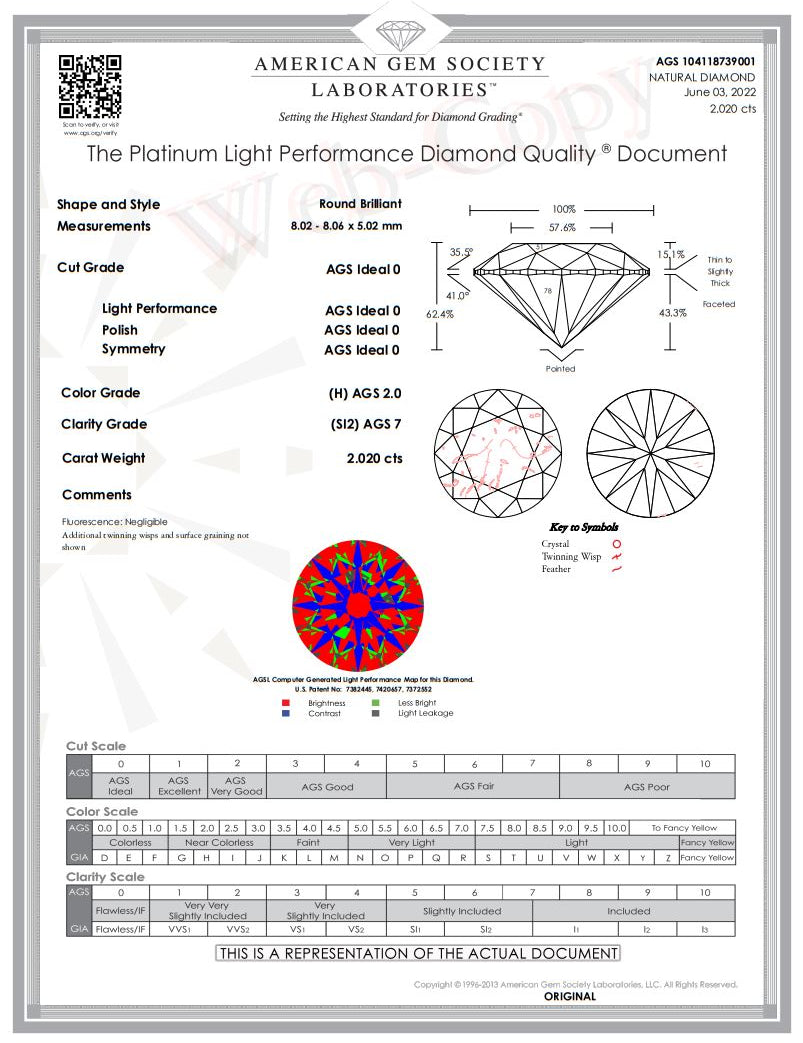
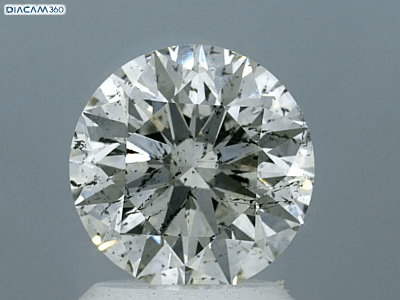
4. EGL (European Gemological Laboratory)
EGL is one of the four largest gemological laboratories in the world, however; EGL certified Diamonds are less expensive than equivalent GIA, IGI and AGS diamonds, because EGL's color grading standard is not as strict. For example, if you compare the color of an EGL graded diamond with an equivalent GIA certified diamond, the EGL diamond will be on average 2 grades lower on the GIA color grading scale. Meaning, if you're considering an EGL graded "G" color diamond, you should expect it to look like an "I" color compared to a GIA certified diamond, however it will still be classified as “near-colorless”. In our experience, EGL's clarity grading standard is very similar to GIA, but it's not uncommon for there to be a difference in opinion of one clarity grade, even between the best gem-labs. Major international gem-labs like GIA, IGI, AGS and EGL will essentially agree on the carat weight, measurements and physical proportions of a diamond, and although EGL is not as strict at grading color as GIA, IGI and AGS, our Diamond & Jewellery experts have observed that EGL grades are the equivalent or better than the grading standard of diamonds seen at most jewellery stores who provide their own “in-house” grades. In an independent study where the same 10 diamonds were sent to 6 major gem-labs to assess the quality and consistency of their grades, overall they found EGL USA to be the 3rd strictest in their grading standards, behind GIA and IGI.
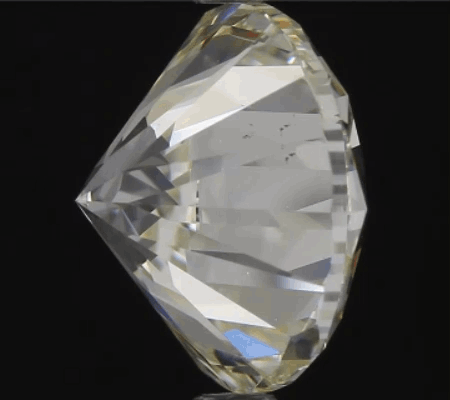
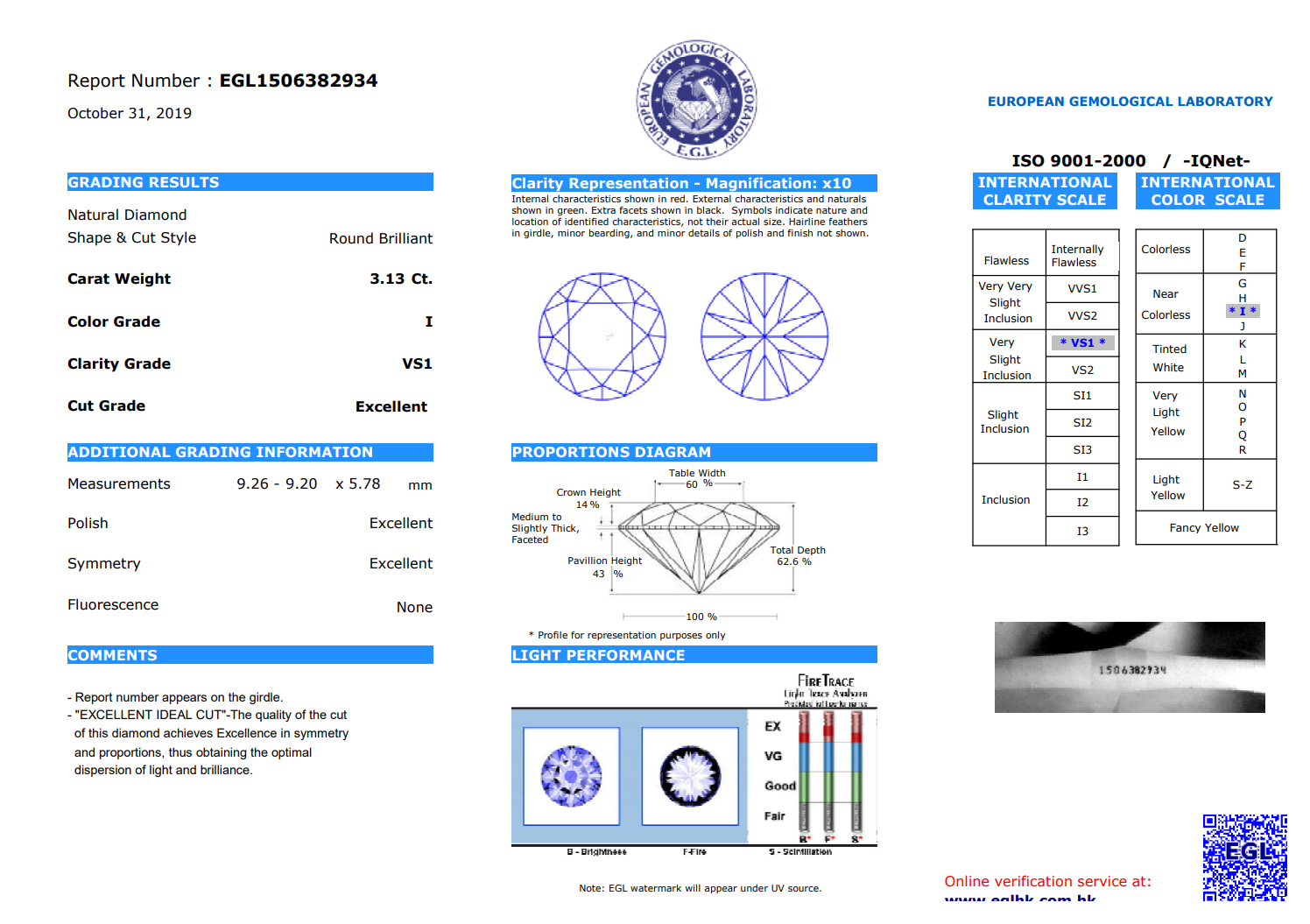
5. HRD (Hoge Raad voor Diamant)
Translated to “High Diamond Council", HRD is headquartered in Antwerp, Belgium and is widely considered one of the leading diamond grading laboratories in Europe. However, while HRD is well-regarded throughout Europe, they're not well recognized in Canada or the United States, and the North American diamond industry generally considers their color and clarity grading standard one grade lower than GIA and IGI. In an independent study where the same 10 diamonds were sent to 6 major gem-labs to assess the quality and consistency of their grades, overall they found HRD the 4th strictest in their grading standards, behind GIA, IGI and EGL USA.
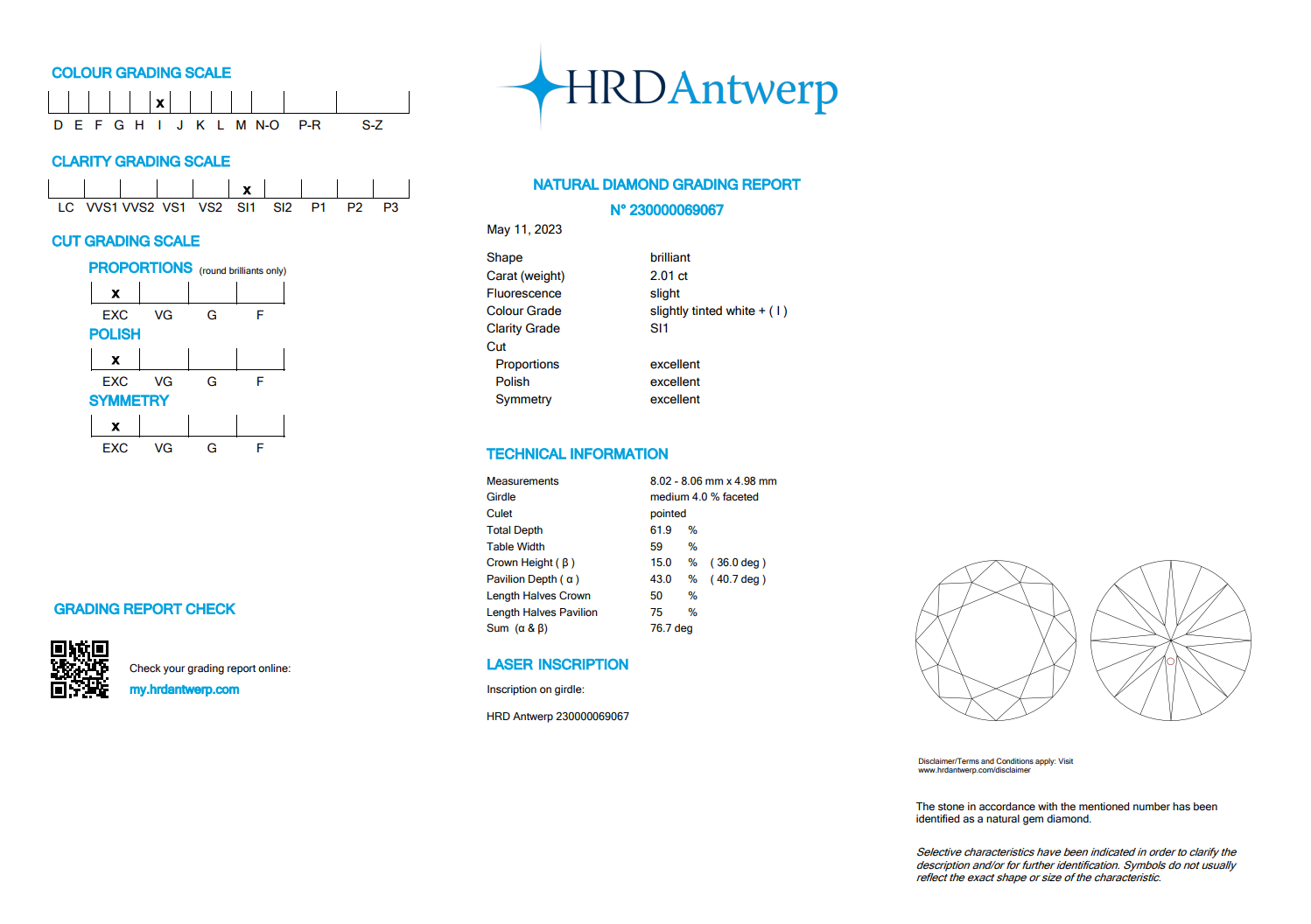
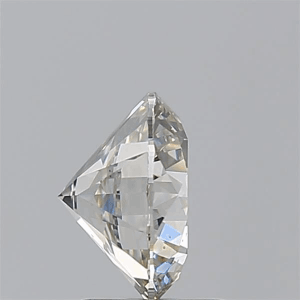
For Lab-Grown Diamonds, We Also Love GCAL (Gem Certification & Assurance Lab):
Although a little more expensive per carat than similar IGI graded lab-grown diamonds, many consumers demand a GCAL certification because of the extensive amount of information this gem-lab provides, especially regarding cut quality. GCAL's grades are also on par with GIA, so their grading standard is strict, reliable and consistent. Plus, GCAL are the only gemological laboratory that guarantees their grading results, so for customers wanting in-depth analysis on cut quality and light performance; you can purchase GCAL certified lab-grown diamonds with confidence:
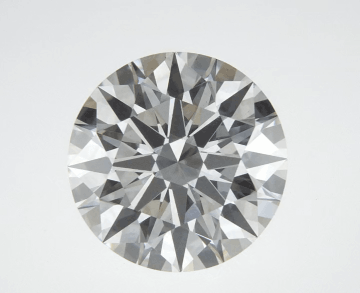
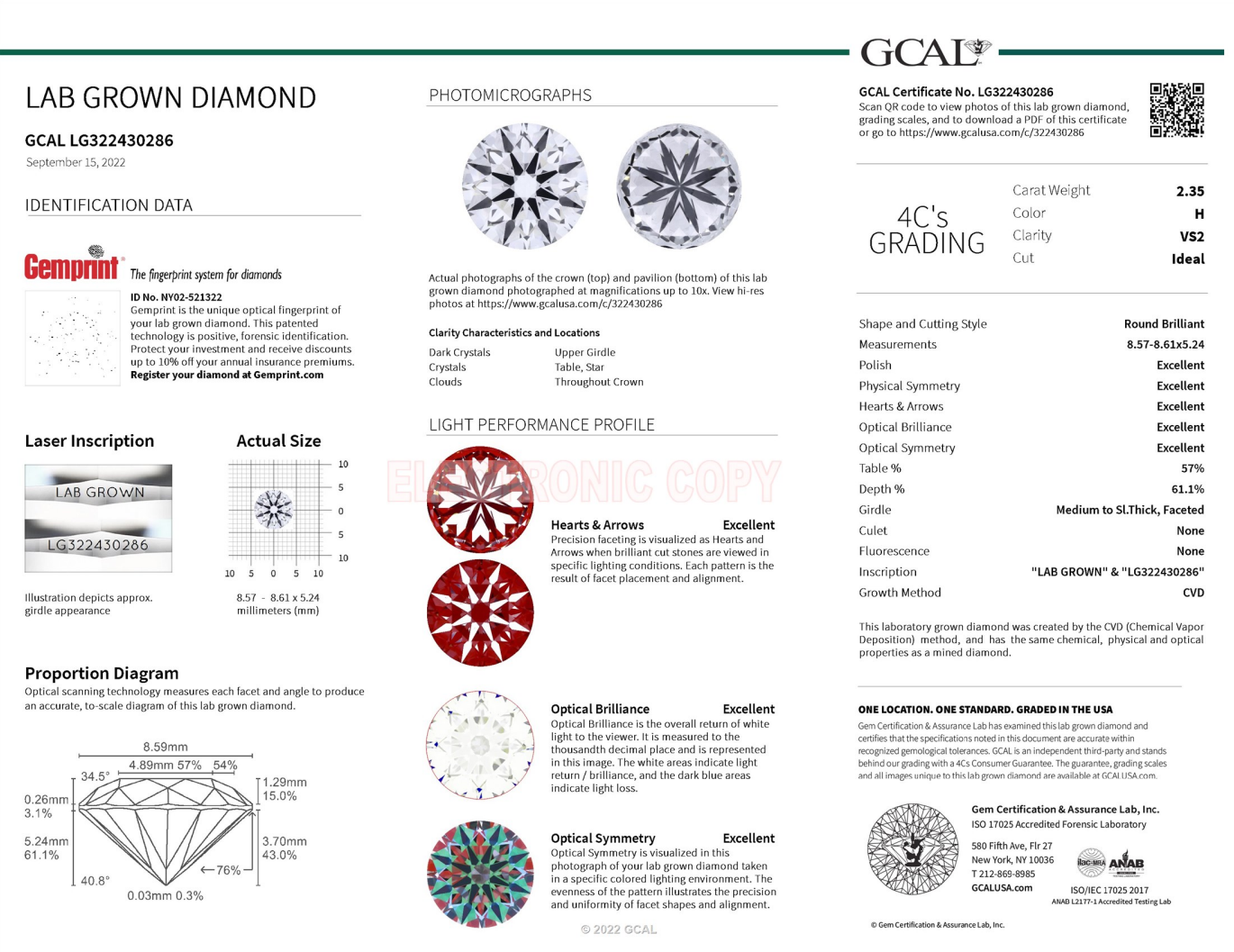
Knowing the differences in grading standards between diamond grading laboratories is important, because it allows you as the consumer to make an informed and educated decision about which diamond is right for you and your budget. For example, many consumers are willing to pay more for a GIA certified diamond, because GIA are known as the most strict and consistent gem-lab, while others are happy to purchase an EGL diamond, because on paper it gives them more "bang for their buck" (i.e., they will purchase a 1 carat EGL diamond, when a GIA certified 1 carat diamond is out of their budget).
Either way, to guarantee the diamond you receive is the same one you've paid for; You should only consider diamonds that have been independently graded and certified by an internationally recognized, reputable and unbiased gemological laboratory, and then select the diamond that offers you the best value for your money. Never buy a diamond from a jewellery store that's been locally appraised or graded "in-house", even when you've seen the stone in person.
Questions about different diamond grading certifications? Ask our Diamond & Jewellery Experts (not salesmen) for advice. Our Diamond & Jewellery Experts will provide education and answer any questions you have. If you like, our Diamond & Jewellery Experts can search on your behalf and recommend diamonds that match your criteria.
Phone Toll Free: 1-866-339-9988
Email: Service@DiamondExchange.ca




